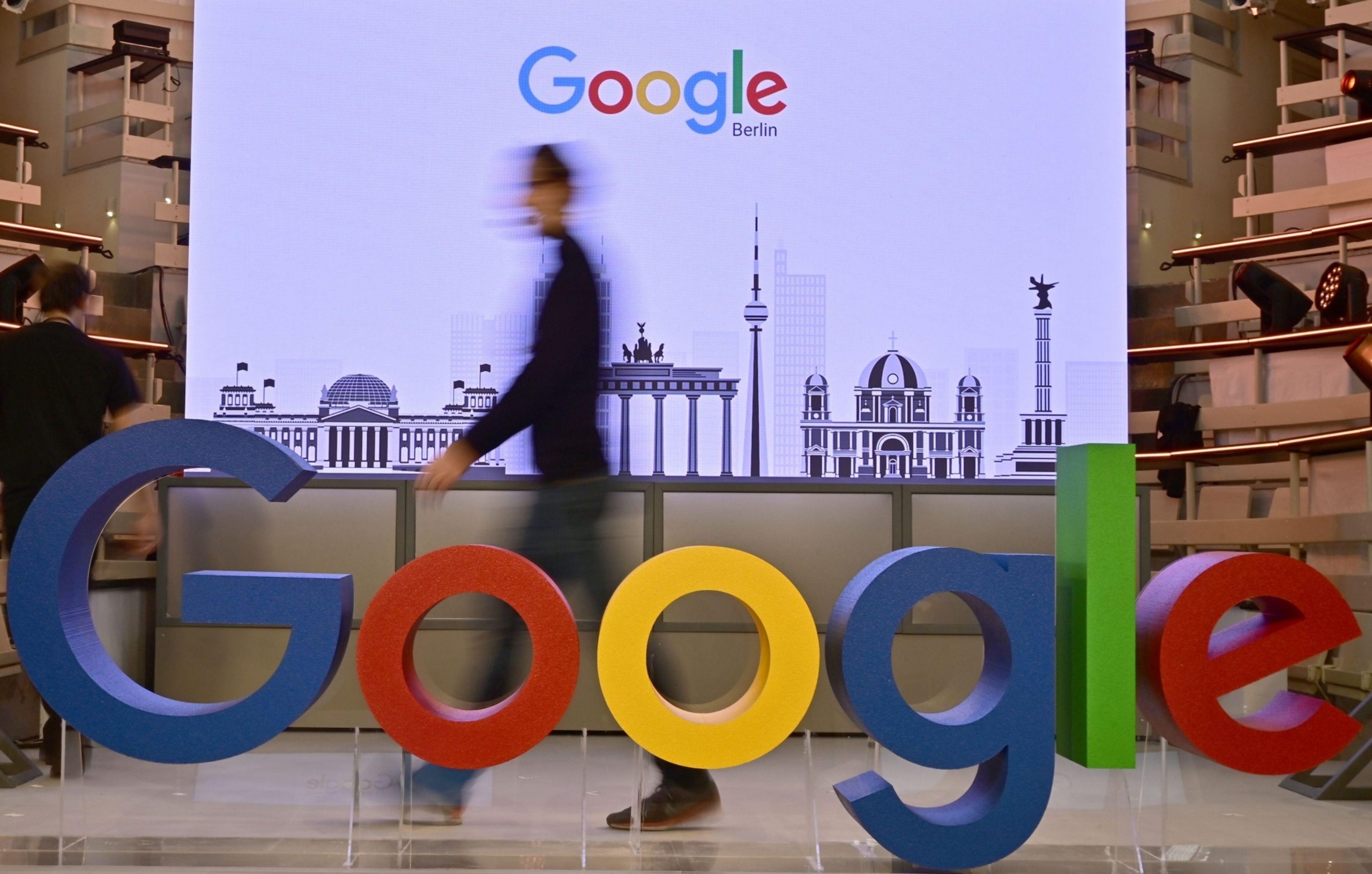A senior software engineer at Google wrote a critique asserting that the internet search leader is losing its edge in artificial intelligence to the open-source community, where many independent researchers use AI technology to make rapid and unexpected advances.
The leaked document, published by consulting firm SemiAnalysis, made the rounds in tech circles on Thursday. In it, the engineer argues that Google’s rivalry with startup OpenAI had distracted from the rapid developments being made in open-source technology.
Documentation reviewed by Bloomberg shows the author of the memo is a senior software engineer at Alphabet Inc.’s Google, and a company spokesperson confirmed that it was written by an employee. The spokesperson added that the composition was not an official company strategy document. The Google engineer did not immediately respond to a request for comment.
Yet the author of the document asserted that the real threat to Google is coming from open-source communities, where engineers are speedily advancing models that rival the quality of those at big tech companies, and can be made more cheaply. These models, the employee said, can be faster, more customizable and more useful than Google’s own.
The spokesperson for Google did not provide a comment on the content of the post. In a recent earnings call, Alphabet Chief Executive Officer Sundar Pichai said, “Our investments and breakthroughs in AI over the last decade have positioned us well,” pointing to progress in developing models and working with developers and other partners. Pichai has called for AI regulation in the past, cautioning that the technology could be “very harmful,” if not deployed in a thoughtful way.
Google would do well to shift its focus to smaller more nimble models, the author argued. “Giant models are slowing us down,” the engineer wrote. “In the long run, the best models are the ones which can be iterated upon quickly.”
Note:- (Not all news on the site expresses the point of view of the site, but we transmit this news automatically and translate it through programmatic technology on the site and not from a human editor. The content is auto-generated from a syndicated feed.))



